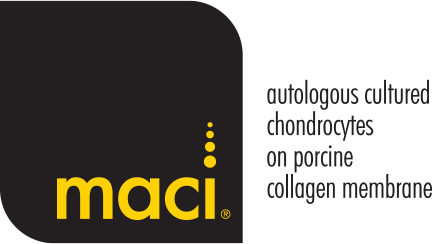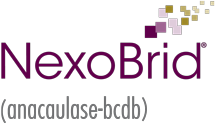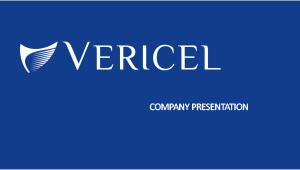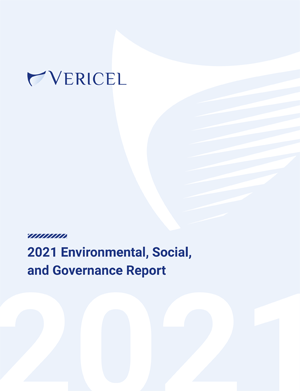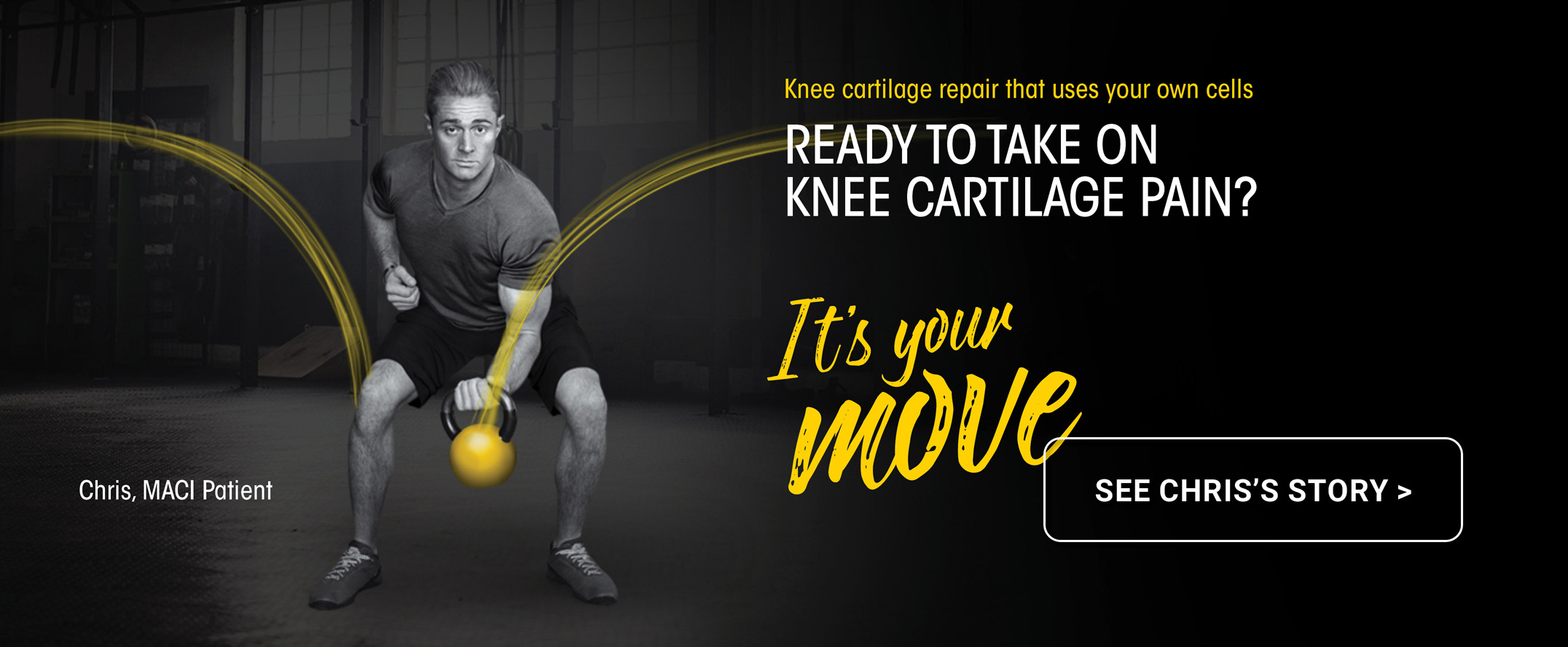
The U.S. Food and Drug Administration has approved MACI (autologous cultured chondrocytes on porcine collagen membrane) for the repair of symptomatic, full-thickness cartilage defects of the knee in adult patients. MACI is the first FDA-approved product that applies the process of tissue engineering to grow cells on scaffolds using healthy cartilage tissue from the patient’s own knee. Chronic knee pain affects millions of people across the U.S., but often goes untreated for long periods of time. Knee cartilage damage can occur from acute or repetitive trauma from playing sports, exercising, work-related physical demands, or performing everyday activities. A 2019 survey that Vericel conducted with The Harris Poll, found that 77% of chronic knee pain sufferers can no longer participate in at least one activity they enjoy because of their pain. While 74% of those with knee pain hope that their symptoms will resolve without treatment, knee cartilage does not heal on its own, and if left untreated, cartilage defects can progress. Learn More >
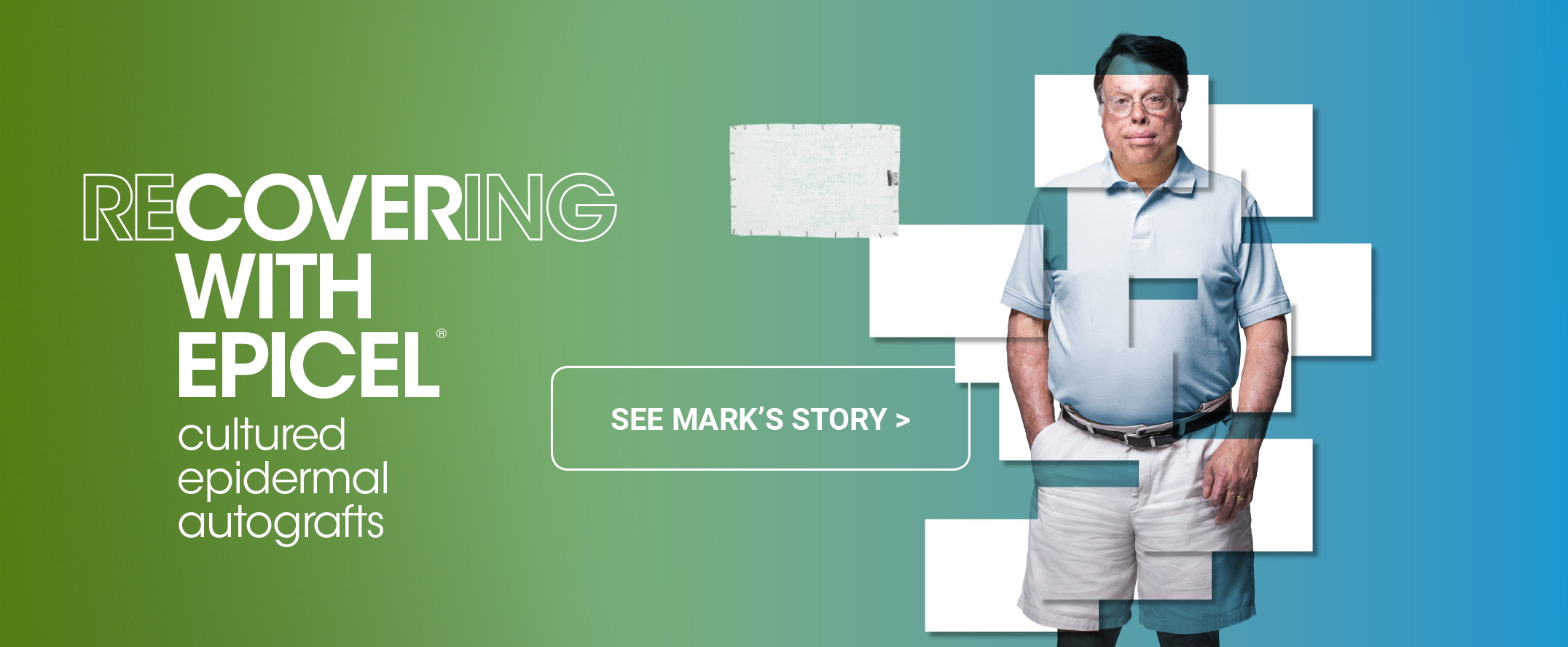
Epicel is a cultured epidermal autograft (CEA)—a skin graft grown from a patient’s own skin. These grafts provide skin replacement for patients who have deep dermal or full thickness burns comprising a total body surface area (TBSA) of greater than or equal to 30%. From two postage stamp-sized biopsies, Vericel can grow enough skin to cover the patient’s entire body. Epicel is indicated for use in adult and pediatric patients who have deep dermal or full thickness burns comprising ≥ 30% total body surface area (TBSA). According to statistics kept by the American Burn Association, there are approximately 40,000 hospitalizations for burn injury per year, and of those approximately 10% (4000 patients) are admitted to hospitals with TBSA ≥30% (percentage derived from American Burn Association, Burn Injury Summary Report 2021). Therefore, the annual incidence reassessment (AIR) for the indicated use is assumed to be approximately 4000 patients. Learn more >
NexoBrid is a botanical drug product containing proteolytic enzymes indicated for the removal of eschar in adults with deep partial- and/or full-thickness thermal burns. A critical first step in the treatment of partial- and full-thickness burns is the rapid removal of nonviable burned tissue. Eschar removal involves removing layers of dead tissue from a burn wound. Following topical application of NexoBrid to burn eschar, a dressing is placed over the treatment area. After four hours, the eschar is removed and the wound bed is cleaned to make an assessment including burn depth, color implications and bleeding patterns. Learn more >
Patents
This section is intended to serve as notice under 35 U.S.C. § 287(a) of various United States patents associated with the products listed. The products and patent numbers shown may not be all-inclusive. Other patents may protect both the products listed and other products commercialized by Vericel Corporation. Additional patents are pending.
Granted patents and published U.S. patent applications may be viewed at the United States Patent and Trademark Office website.
Published international patent applications may be viewed at the World Intellectual Property Organization website.
MACI
- 10,011,811
- 8,029,992
- 8,709,711
- 8,216,778
- 6,150,163
NASDAQ: VCEL
| $46.05 | 0 (0%) |
Day Low: $45.4
Volume: 0
April 26, 2024
